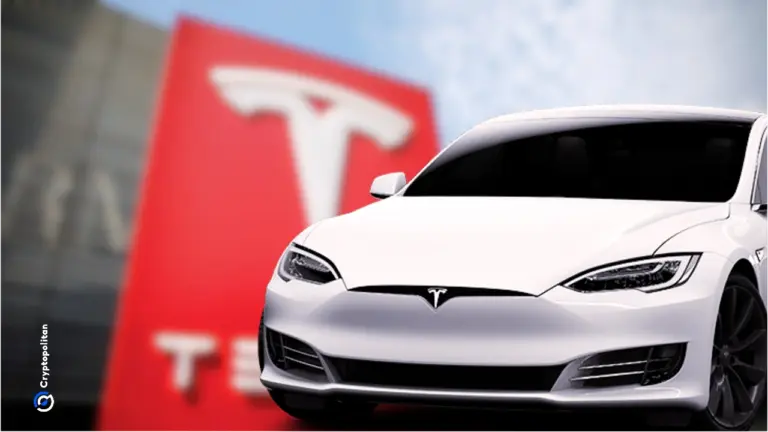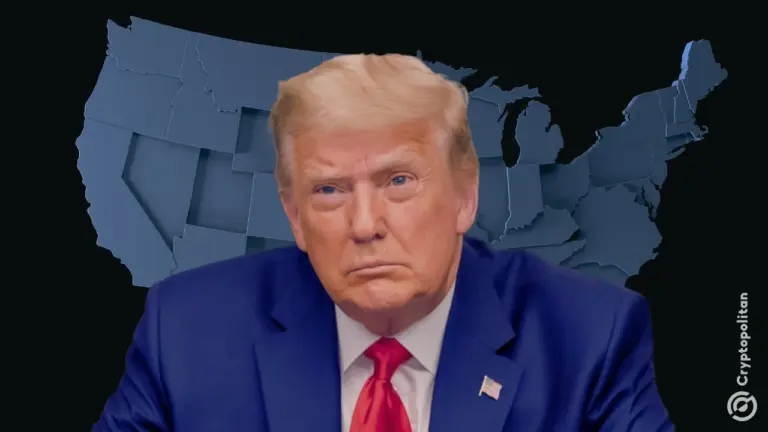Senator Schiff Proposes COIN Act Limiting Presidential Crypto Activities
- Main event focuses on legislative restrictions on political figures.
- Legislation aims to raise ethical standards in digital assets.
- Potential market impact on high-profile crypto endorsements.
Senator Adam Schiff has introduced the COIN Act to ban the U.S. President, Vice President, and their immediate families from issuing, sponsoring, or endorsing digital assets, aimed at preventing conflicts of interest.
Schiff’s proposal is significant for its potential to deter high-level officials from engaging in crypto activities that may conflict with public interest.
Senator Adam Schiff is advancing the COIN Act to address ethical concerns surrounding political figures and cryptocurrency. This move directly targets U.S. leaders and follows controversial crypto involvements by high-profile figures. Nine Senate Democrats support this initiative.
The COIN Act primarily aims to restrict Presidents, Vice Presidents, and their families from crypto endorsements. This legislation marks a policy shift from previous transparency-focused measures, reflecting growing concern over conflicts of interest in public office related to digital assets.
Immediate effects include increased scrutiny on political endorsements of digital assets and potential deterrence for figures like Donald Trump, who earned significantly from crypto ventures. The legislation targets ethical conduct rather than financial redistribution.
“We must avoid conflicts of interest in public office,” emphasized Senator Adam Schiff, headlining the ethical necessity of the COIN Act.
This proposal could influence financial disclosures and ethical standards among U.S. leaders. It emphasizes transparency, with required disclosures for digital asset holdings above $1,000. There’s a possibility for impacts on stablecoins and memecoins linked to public officials.
Potential outcomes may include tighter regulations on public officials’ digital asset involvement, particularly for stablecoins. Past efforts have initiated broader conversations on accountability, but enforcement will ultimately determine market impacts.
Disclaimer: The content of this article solely reflects the author's opinion and does not represent the platform in any capacity. This article is not intended to serve as a reference for making investment decisions.
You may also like
Russia tightens noose on crypto with package of new laws
Share link:In this post: Moscow is ready to hit crypto users with a series of laws. Russian crypto traders face bank account blocks and even jail time. Legislative changes have cleared the ground for the launch of the state-issued digital ruble.
Tesla investors are losing patience with Musk’s bold claims and slow progress
Share link:In this post: Tesla’s sales, profits, and stock have dropped, with analysts citing weak demand and rising competition from China. Musk remains optimistic, touting future robotaxi services and Tesla’s AI as superior. Tesla faces growing pressure from rivals like Waymo, which is expanding faster and already generating revenue from autonomous ride services.

Trump ramps up America’s market intervention to crisis-level scale
Share link:In this post: Trump now holds a golden share in U.S. Steel, giving him direct veto power over company decisions. The Pentagon bought a $400 million stake in MP Materials, marking its first equity move in mining. Trump proposed taking a 50% stake in TikTok and may expand investments in strategic industries.

Trump’s trade deals may not shield U.S. consumers from tariff-driven inflation
Share link:In this post: The U.S. has set a 15% minimum tariff on imports, and higher rates will follow if trade deals aren’t made. Companies warn of cost hikes, with some already raising prices or suing. Economists predict rising prices on goods like clothing, electronics, and shoes.
